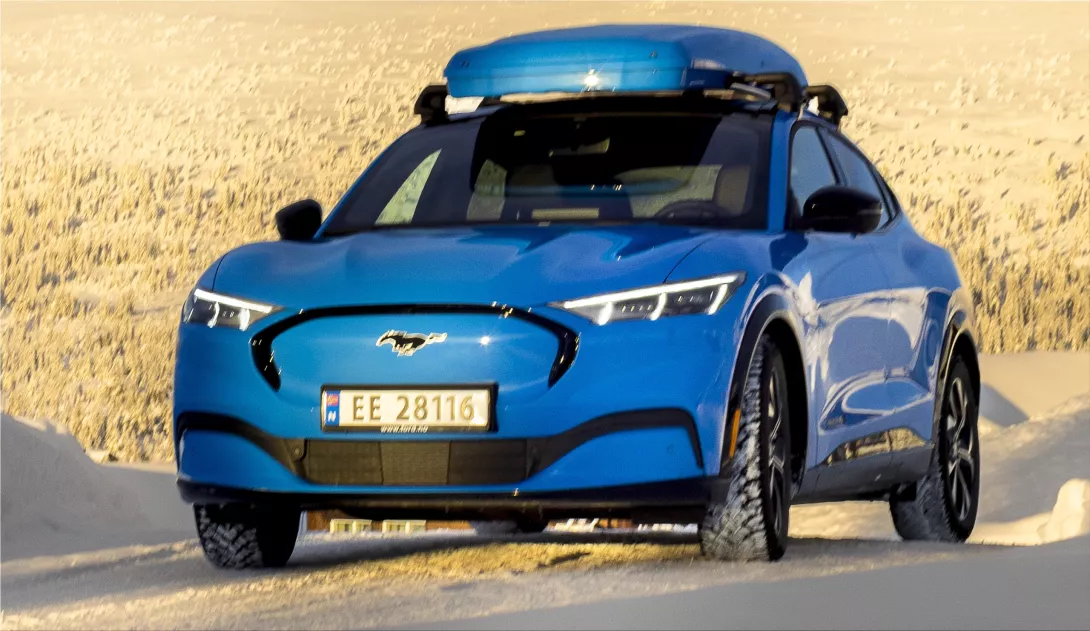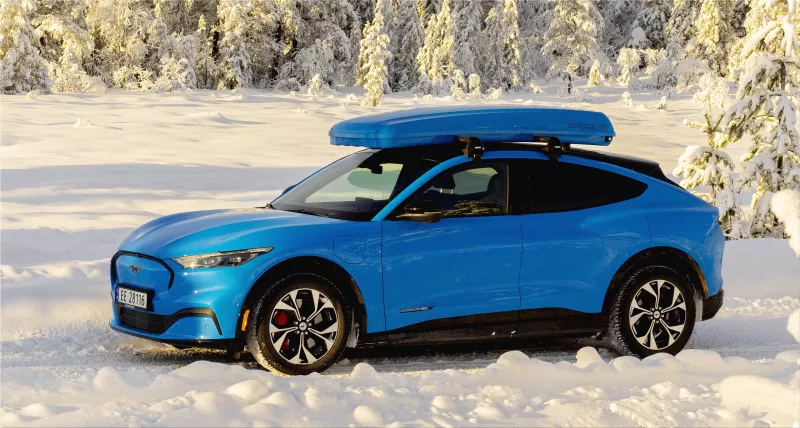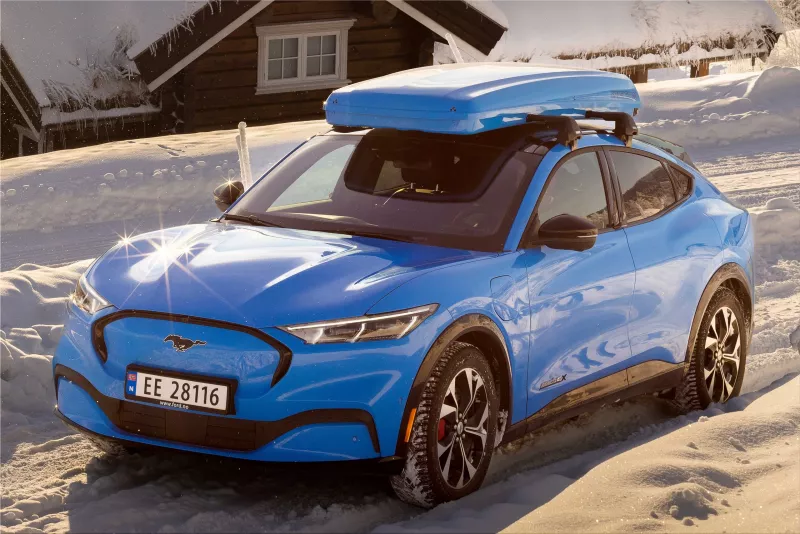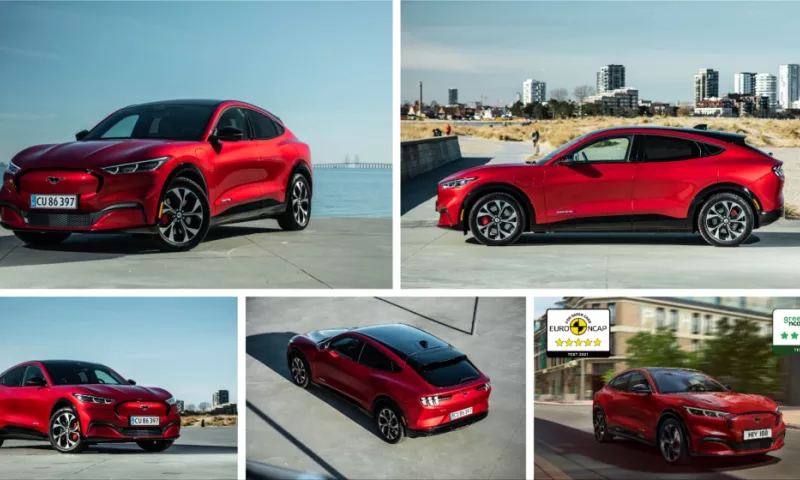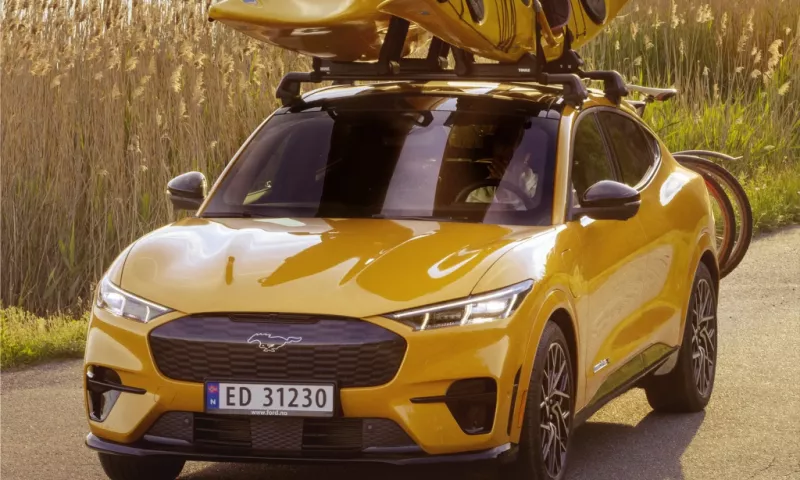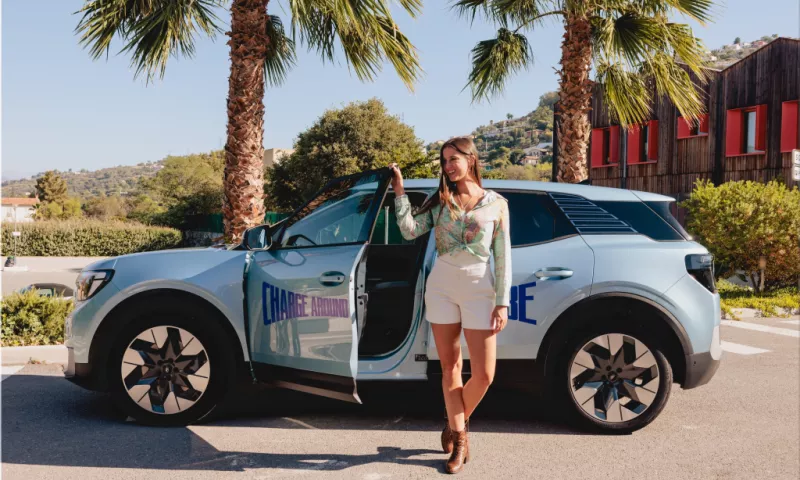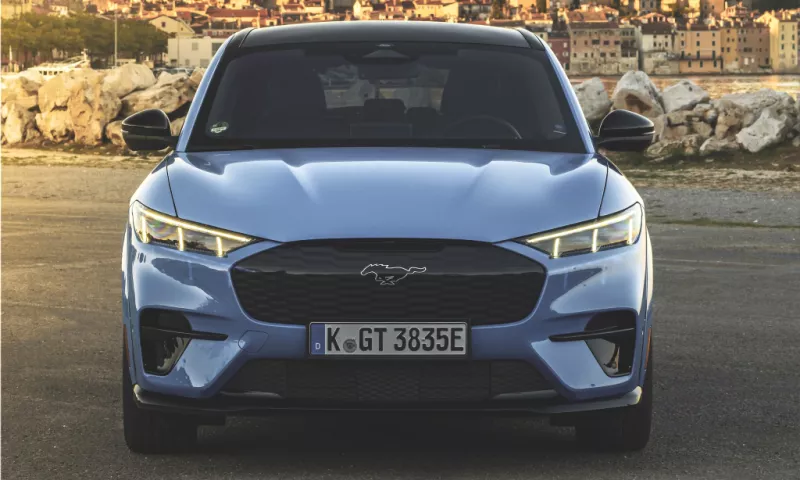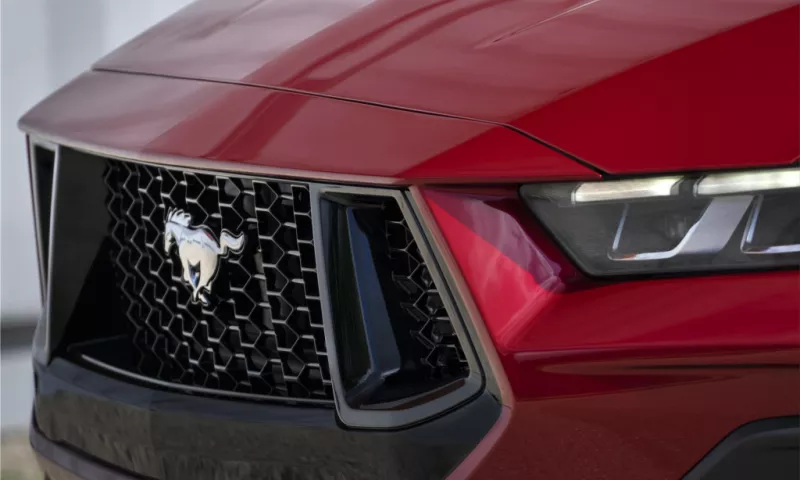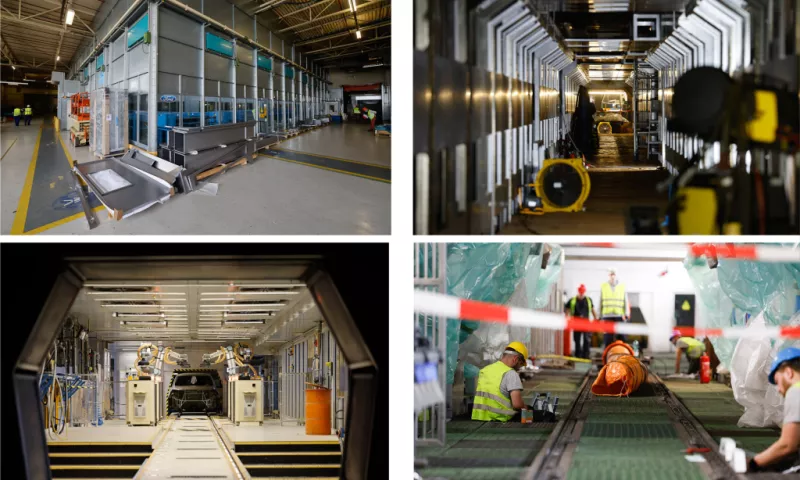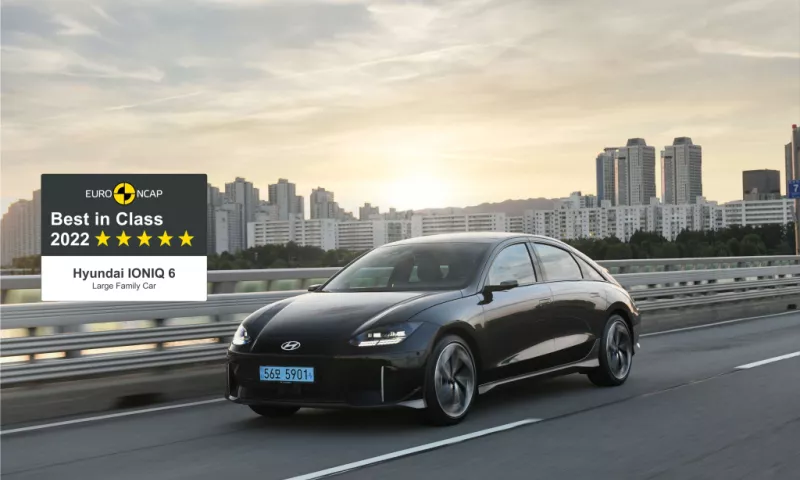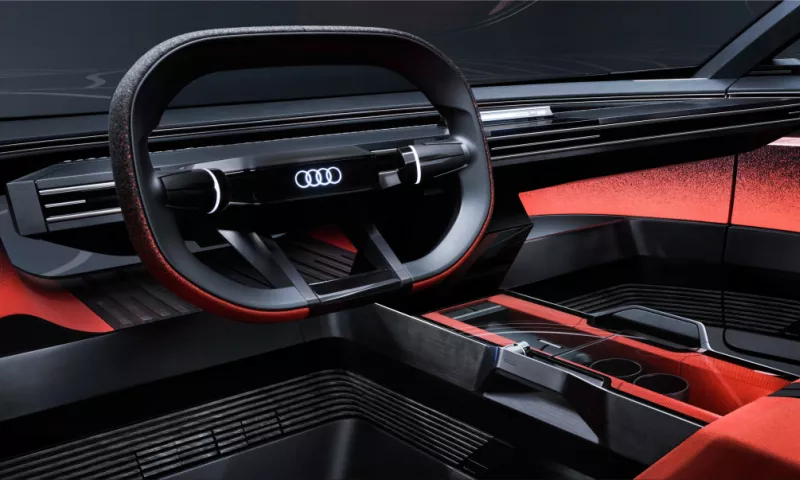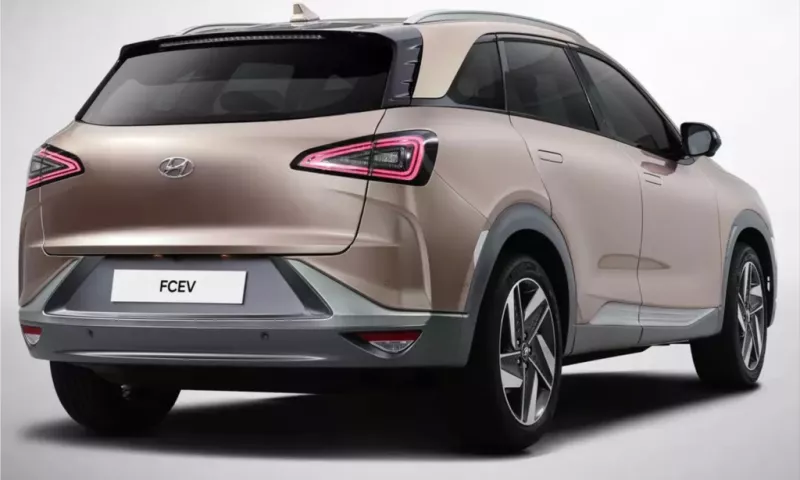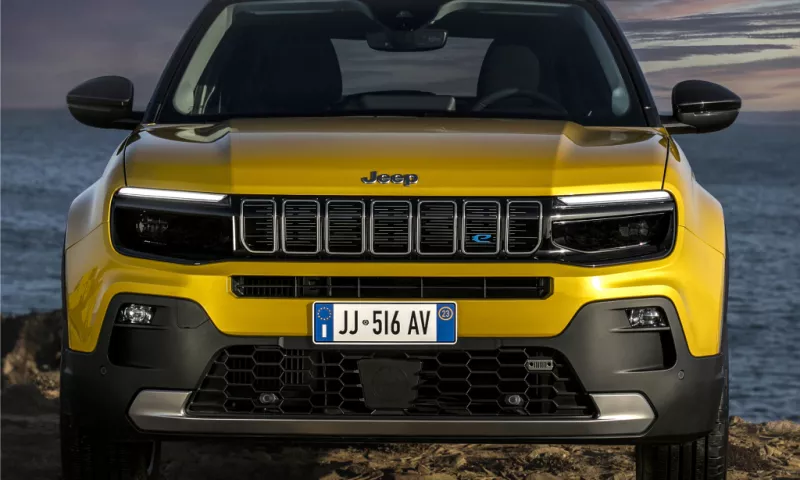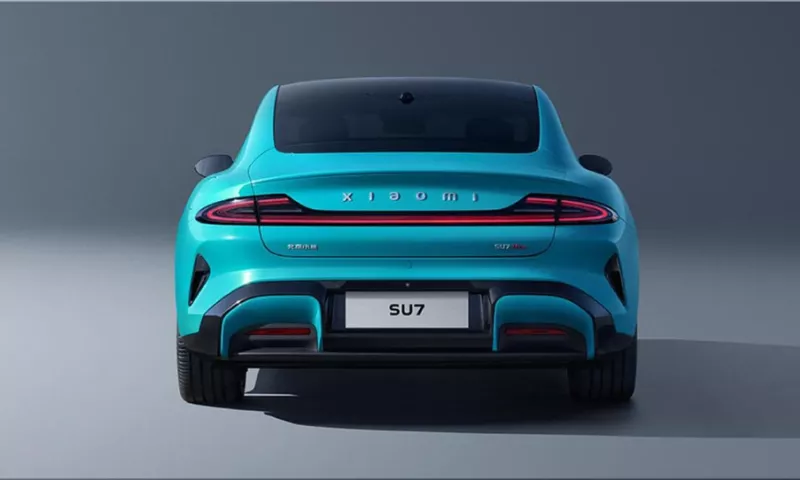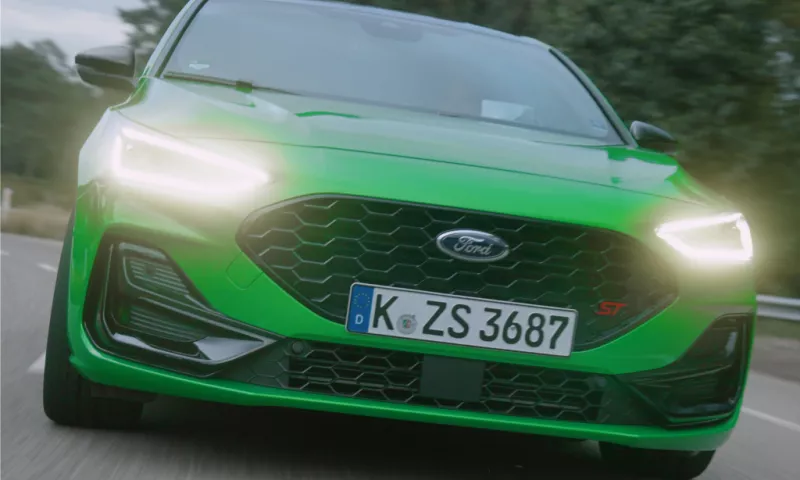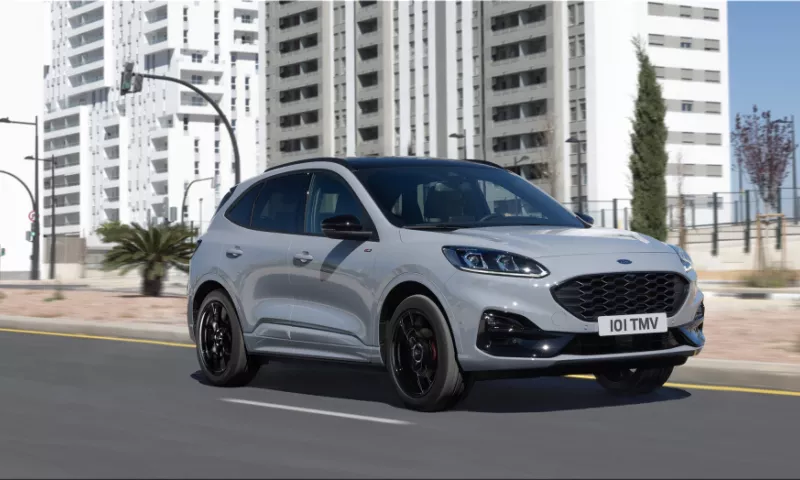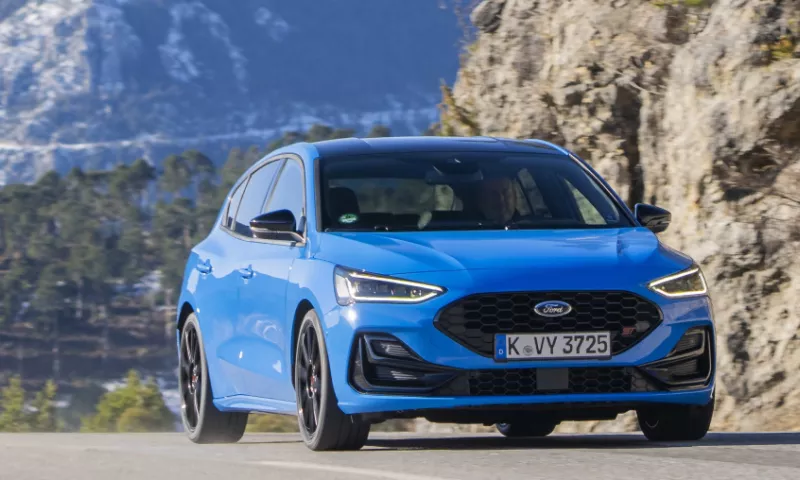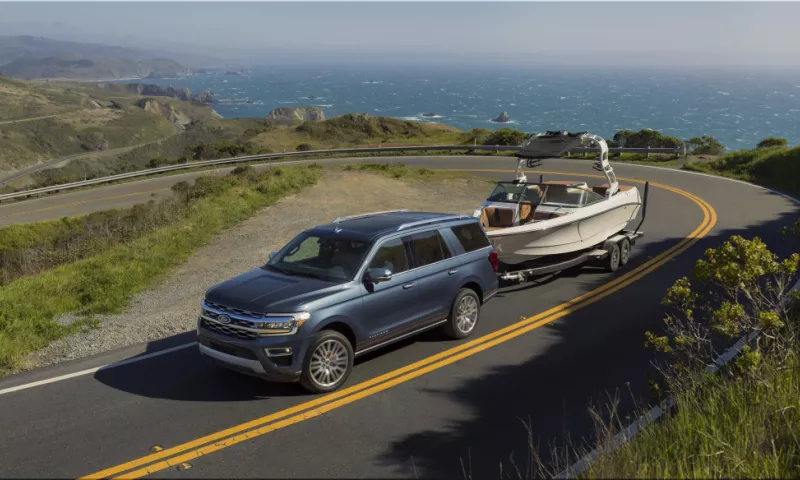In addition to the more than $50 billion in investments Ford has made so far across the globe in the development of electric vehicles, the firm has now revealed that it will spend $3.5 billion to construct an LFP battery factory in Michigan, USA.
This investment will increase the number of vehicles delivered quickly while keeping prices low and demand high. Ford's Ford+ strategy calls for the annual global production of 600,000 electric cars by 2023 and 2 million by 2026.
Ford will be able to create more electric vehicles thanks to the LFP batteries, which will increase options for consumers interested in purchasing new electric cars.
"We intend to be the pioneers of the shift to electric vehicles. That means spending money on the tools and personnel that will help us leapfrog the competition as the world's manufacturing sector undergoes a radical shift, " Bill Ford, Ford Motor Company's chairman, says.
The LFP batteries have a long lifespan, are resistant to quick charging, and use fewer expensive and in-demand materials to produce. Due to the qualities of this mass-produced, lower-cost battery, Ford's electric vehicles will be more competitive in the market. The LFP batteries will be utilized in the next generation of electric passenger cars and commercial vehicles.
"Ford's lineup of all-electric vehicles has been met with overwhelming interest. Ford Motor Company CEO Jim Farley says that Ford's electric cars, powered by cutting-edge and long-lasting battery technology, will soon be enjoyed by millions of buyers ".
